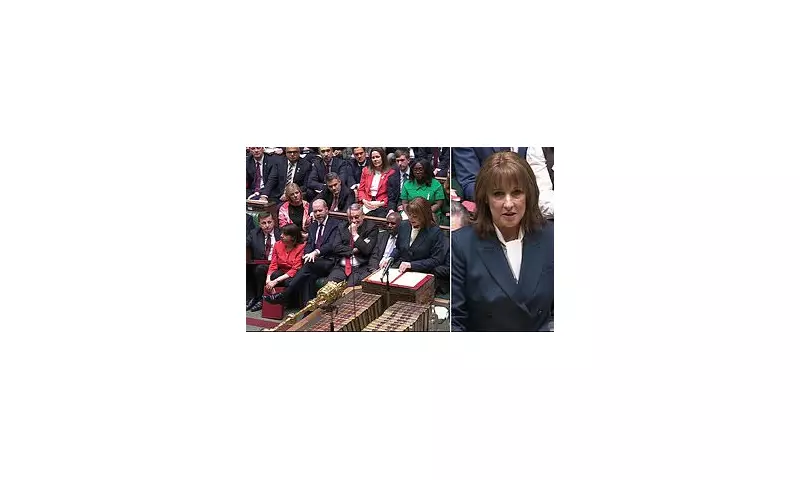
Chancellor Rachel Reeves's second Budget has been unveiled prematurely after an unexpected leak from the UK's official spending watchdog. The Office for Budget Responsibility (OBR) published its analysis ahead of schedule, revealing both significant tax increases and cost-of-living measures designed to address a substantial gap in public finances.
Major Tax Changes Announced
The OBR documents outline several key tax reforms that will impact millions across the country. The freeze on income tax thresholds will be extended until 2030, a move previously criticised as a 'stealth' tax rise that will drag more people into higher tax brackets as wages increase.
According to the watchdog's analysis, this measure alone will create 780,000 more basic-rate taxpayers, 920,000 more higher-rate taxpayers, and 4,000 additional-rate taxpayers by 2029/30, raising approximately £7.6 billion in that year.
In another significant change, the Chancellor will limit tax-free pension contributions through salary sacrifice schemes. Anything above a new £2,000 cap will incur national insurance contributions from 2029, generating an estimated £4.7 billion in 2029/30 and £2.6 billion the following year.
Property and Transport Taxes
Wealthier homeowners will face a new 'mansion tax' in the form of a council tax surcharge on properties valued over £2 million. The OBR detailed that there will be four price bands, with the surcharge ranging from £2,500 for properties worth between £2 million and £2.5 million, rising to £7,500 for homes valued at £5 million or more. These amounts will be adjusted annually for inflation.
In a move affecting the growing number of electric vehicle owners, drivers will be charged 3p per mile under a new tax designed to compensate for declining fuel duty revenues as more motorists transition away from petrol and diesel vehicles.
Cost of Living Support Measures
Despite the tax increases, the Budget contains several measures aimed at helping households struggling with living costs. Most notably, the controversial two-child benefit cap will be scrapped, ending the restriction that prevented parents from claiming universal credit or tax credits for more than their first two children.
The cap, introduced by the Conservative government in 2017, has been widely criticised by Labour MPs and anti-poverty groups. The OBR estimates that removing it will cost £3 billion by 2029/30.
Additional support includes extending the 5p cut to fuel duty to maintain lower petrol prices and implementing a one-year freeze on rail fares, providing some relief for commuters facing travel cost pressures.
The OBR also revised its economic growth forecast upward for this year from 1% to 1.5%, though it downgraded projections for the subsequent four years, indicating ongoing challenges for the UK economy despite short-term improvement.





